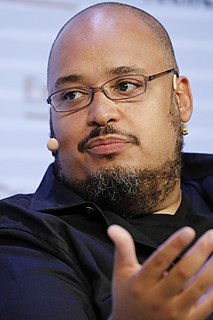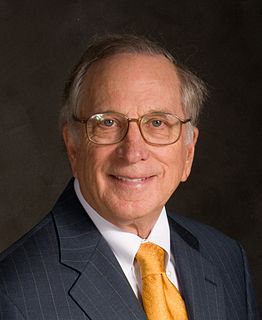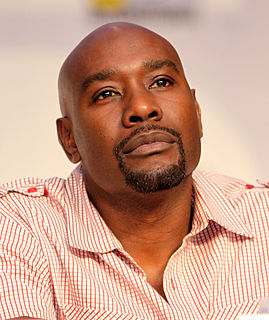A Quote by Robert J. Shiller
Diversify, because that helps reduce risk. And you can diversify outside the United States. Some people would never invest in Europe - I think that's a mistake.
Related Quotes
If you invest and don't diversify, you're literally throwing out money. People don't realize that diversification is beneficial even if it reduces your return. Why? Because it reduces your risk even more. Therefore, if you diversify and then use margin to increase your leverage to a risk level equivalent to that of a nondiversified position, your return will probably be greater.
There are only a few things investors can do to counteract risk: diversify adequately, hedge when appropriate, and invest with a margin of safety. It is a precisely because we do not and cannot know all the risks of an investment that we strive to invest at a discount. The bargain element helps to provide a cushion for when things go wrong.
In Europe, you have very different situation than you do in the United States. In Europe, it's very segregated. And you have the diasporas in Belgium that I saw. And they're being radicalized because they're not assimilated with the culture. I don't think we have that same situation in the United States.
The ideals and the values of the United States inspired the entire world. I don't think any of us can say that our standing in the world now, the way children around the world look at the United States, is the same. And part of what we need to do is to send a message to the world that we are going to invest in issues like education, we are going to invest in issues that relate to how ordinary people are able to live out their dreams. And that is something that I'm going to be committed to as president of the United States.
Unemployment is higher in Europe than in the United States and primarily concentrated in immigrant minority populations, so people are worried about what's going to happen and if American-style ghettos are emerging in Europe. There are some of the problems there that America sees associated with the lack of economic inclusion - family breakdown, gang behavior, and racial tensions. I get the sense that in Europe they are much more concerned about these issues than in the United States.





































